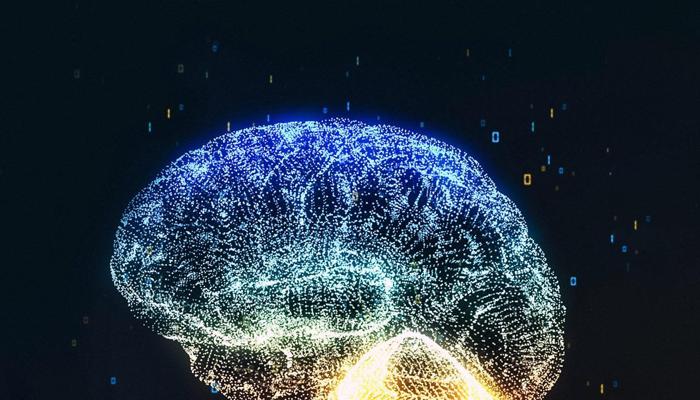Unveiling the 'Bhasha Brain': Your Mind's Language Marvels. Dive into the fascinating world of language processing!
Namaste readers! Ever wondered how your brain effortlessly transforms scribbled words
into meaningful thoughts, or allows you to chat with your chai-wala in fluent Hindi? The process seems magical, but neuroscientists have been hard at work, unraveling the secrets of our "bhasha brain." Here are eight key insights that shed light on this incredibly complex, yet utterly essential, human ability:
Not Just One 'Language Center'
Forget the old textbooks that pointed to a single "language center" like Broca's area being solely responsible. Modern brain imaging techniques, like fMRI, reveal that language processing is a team effort. Multiple brain regions, spread across both hemispheres, work in harmony.
Broca's area (generally in the left frontal lobe) is involved in speech production and grammar and Wernicke's area (typically in the left temporal lobe) deals with language comprehension. However, these are just key players; other areas orchestrate memory, attention, and even emotional context!
This means understanding a simple sentence activates a surprisingly wide network. This is like a cricket team where everyone has a role to play for the team to win.
Left Brain Leaning, But Right Brain Contributing
While the left hemisphere is generally dominant for language in most right-handed individuals (and a significant portion of left-handers), the right hemisphere isn't just chilling out. It plays a vital role in understanding nuances like sarcasm, metaphors, and the emotional tone of speech.
For example, the left brain might process the literal meaning of "That's just great," while the right brain discerns the sarcastic intent behind it. It's a yin-yang situation, where both sides contribute to a complete understanding.
Damage to the right hemisphere might leave someone understanding the words being spoken, but missing the subtle social cues conveyed through tone and body language.
Prediction Power
Your brain is a prediction machine! As you listen to someone speak or read a sentence, your brain is constantly anticipating what words might come next. This predictive processing helps us understand language quickly and efficiently. If someone says, "Please pass the...
”, your brain immediately starts generating possible nouns like "salt," "water," or "remote." This explains why you can still understand someone even if they mumble or if there’s background noise. Your brain is filling in the gaps based on its predictions.
This is what happened when Gandhiji predicted India would be free even when everyone felt freedom was far away.
Experience Shapes Your 'Bhasha Brain'
The way your brain processes language is heavily influenced by your experiences. Learning multiple languages, for instance, restructures your brain, making it more flexible and efficient at language processing.
Exposure to different dialects or accents also fine-tunes your brain's ability to decode speech. This is why children who grow up in multilingual environments often have an easier time learning new languages later in life. Their brains have been trained to handle a wider range of linguistic inputs.
It is beneficial to learn more languages.
Reading and Writing
A Borrowed Brain Circuitry: Reading and writing aren't innate abilities like speaking. Our brains have cleverly repurposed existing neural circuits for vision, language, and motor control to learn these skills.
When you learn to read, your brain creates new connections between these areas, allowing you to translate written symbols into sounds and meanings. This process is remarkably complex and requires considerable effort, especially in the early stages of learning to read.
This complex interworking is how we use the power of words to express ourselves.
The Power of Context
Language comprehension isn't just about understanding individual words; it's about understanding the context in which those words are used. The same word can have different meanings depending on the situation.
AI Generated Content. Glance/InMobi shall have no liability for the content














